After two and a half years of drought, rain has returned to the Borena region of southern Ethiopia. Recent downpours have turned the landscape green. But it has come too late for 89-year-old Saku Shuna, who is huddled in a cramped tent.
Like 28,000 others in the camp for displaced people outside the town of Dubuluk, Shuna is a herder who moved to the camp a year ago after her cattle died from lack of water and food. “My mother was a strong and vibrant woman. She used to go everywhere and drink milk whenever she wanted,” Shuna’s daughter Loko told The Guardian.
Now she is so weak from hunger that she cannot sit up or even speak. She receives a few kilograms of cornmeal each month from an NGO, but it is too hard to digest. Although Loko knows that milk is the only thing her mother can eat, she has no money to buy it. “I feel helpless,” she said sadly. “I am watching her die.”
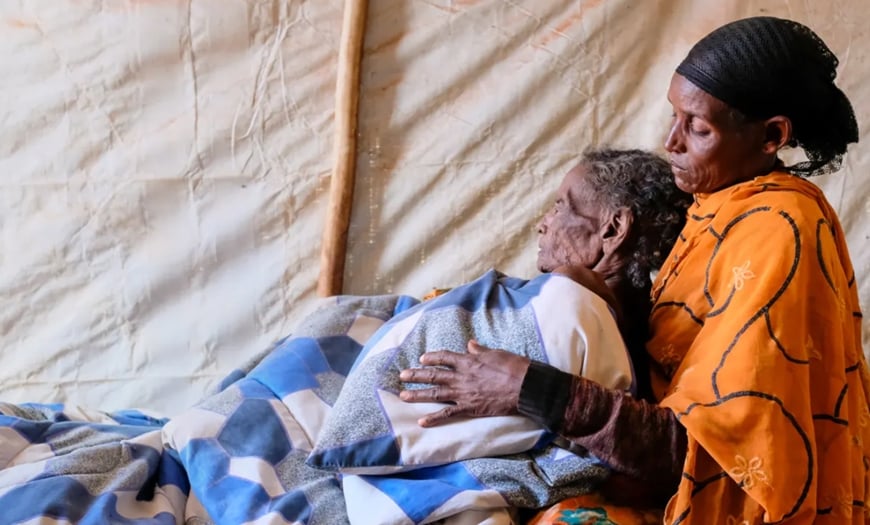 |
Saku Shuna leans wearily on her daughter in the cramped tent. Photo: The Guardian |
The Horn of Africa has been hit by its worst drought in four decades, fueled by climate change. Sitting outside his tent in the camp, Kiro Godana, in his 90s, said he had seen many droughts but this was the worst. “Before, there might not be rain for a season. We might lose one or two cows and the others would survive. But this drought has been much longer. That is why our cows could not survive,” said Godana. Meanwhile, Boru Dido, 85, said the drought had left his family with nothing. He had no hope for the future. “There has been some rain recently, but the cattle have died, the crops have died, our health has gone, we have nothing,” Dido lamented.
Record low rainfall has left some 22 million people at risk of starvation in Kenya, Ethiopia and Somalia. The elderly are among the hardest hit. In Borena, half of those over 60 are malnourished, the highest rate ever recorded for the elderly in the region. Aid agencies provide little support to the elderly, said Samson Yigezu of the NGO HelpAge International. Children and mothers are the priority. Hungry elderly need special assistance, Yigezu said, such as nutritious, easy-to-swallow food. This food is sometimes distributed in the camp where Shuna lives, but only to mothers with young children.
TU ANH
Source


![[Photo] President Luong Cuong attends the inauguration of the international container port in Hai Phong](https://vphoto.vietnam.vn/thumb/1200x675/vietnam/resource/IMAGE/2025/5/13/9544c01a03e241fdadb6f9708e1c0b65)

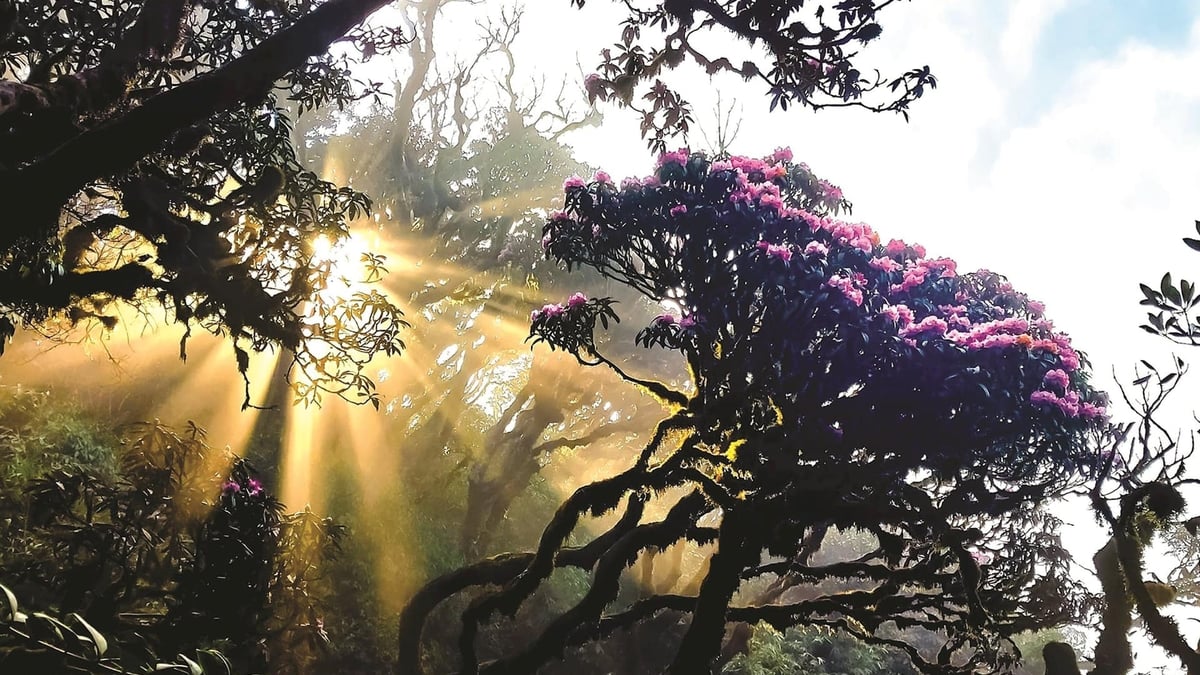
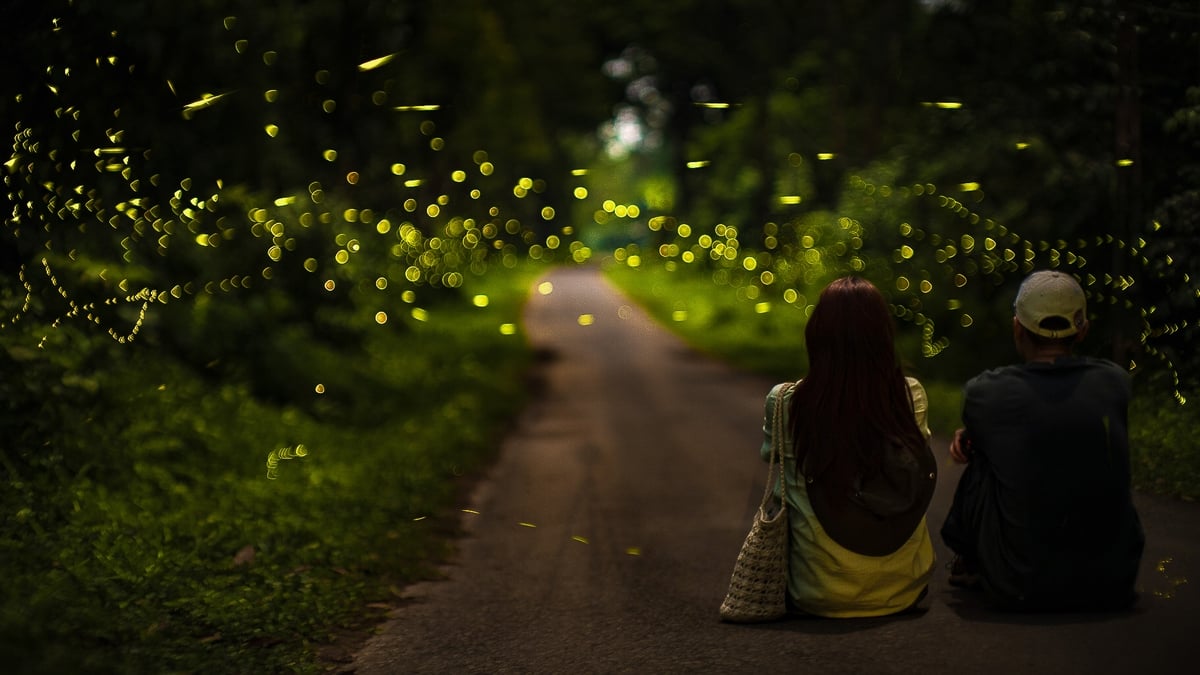

![[Photo] Prime Minister Pham Minh Chinh meets with US business representatives](https://vphoto.vietnam.vn/thumb/1200x675/vietnam/resource/IMAGE/2025/5/13/5bf2bff8977041adab2baf9944e547b5)
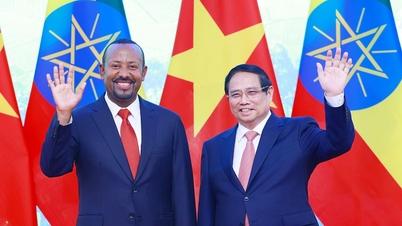








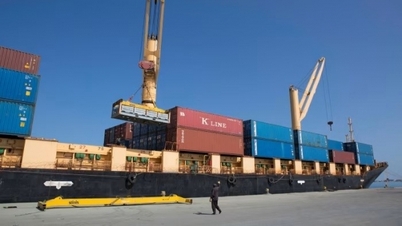

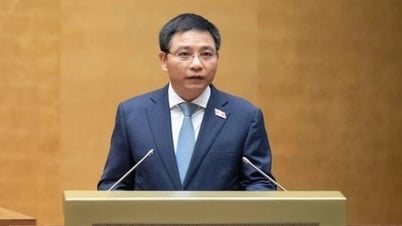
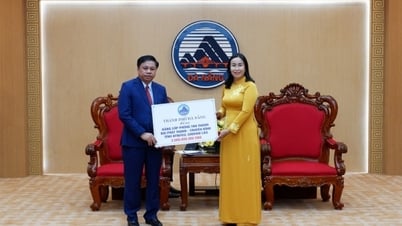


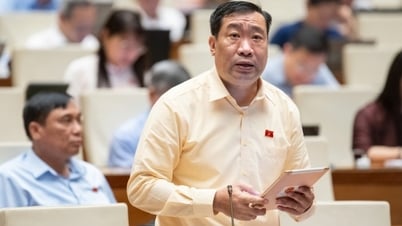
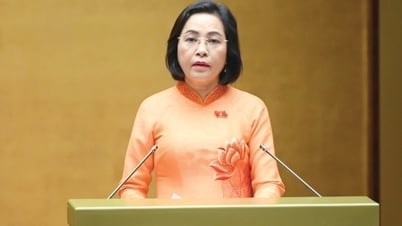




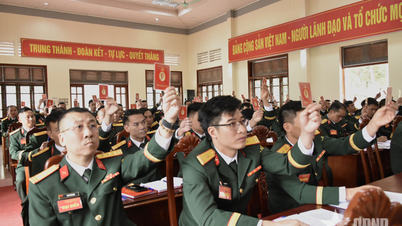
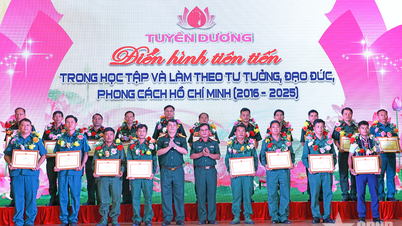

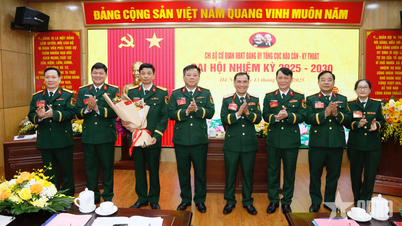
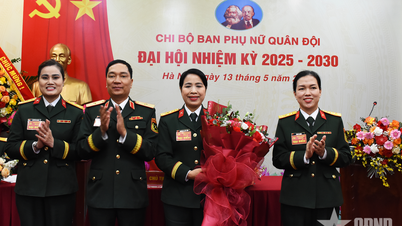
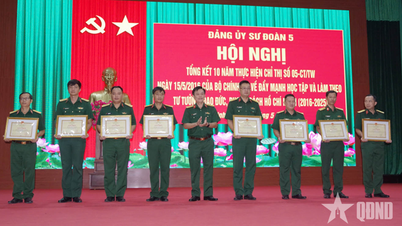
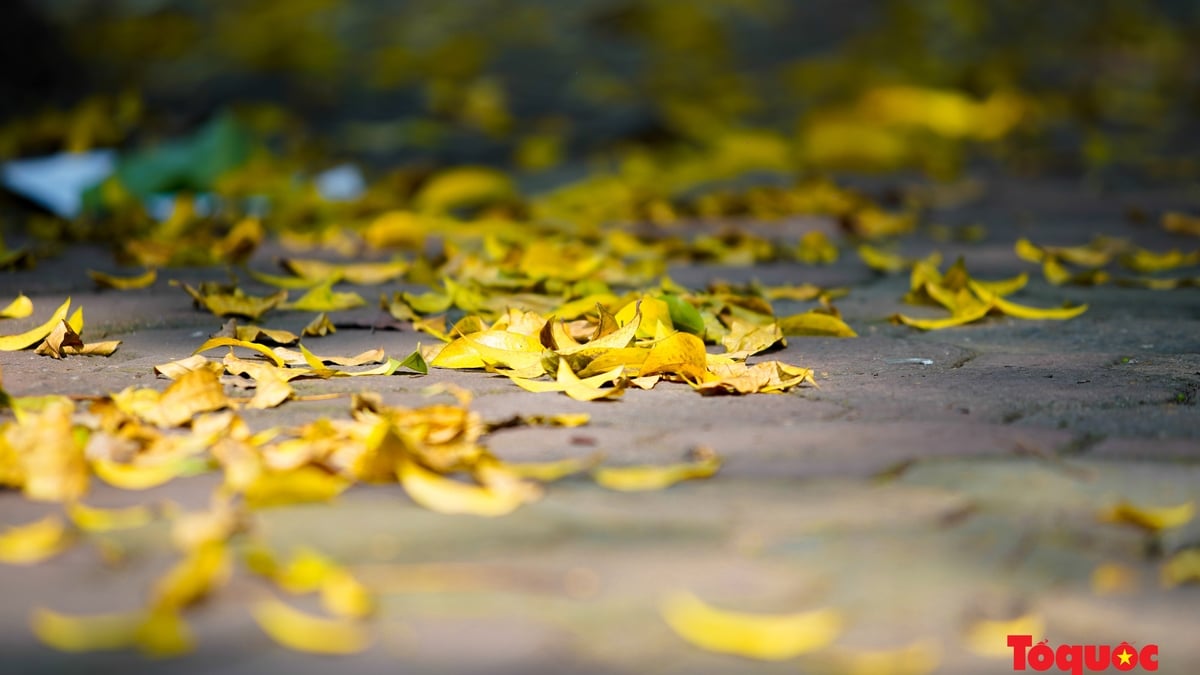





















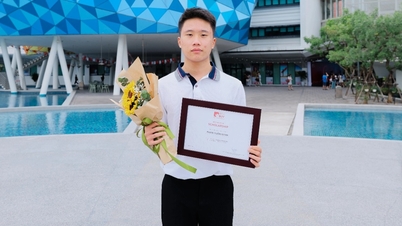

























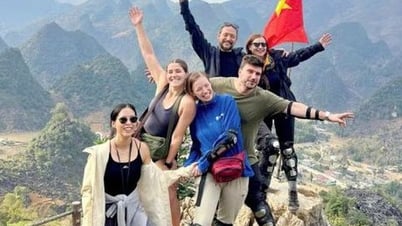


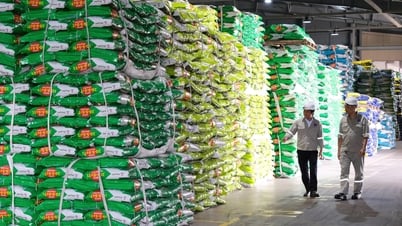

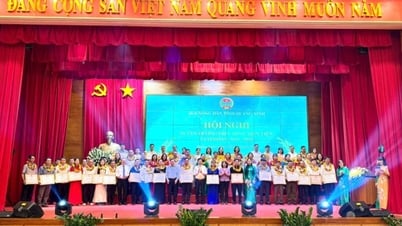

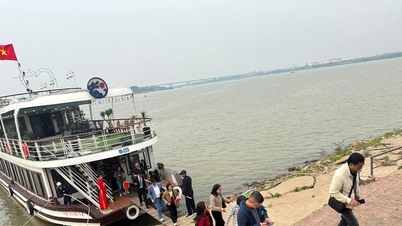

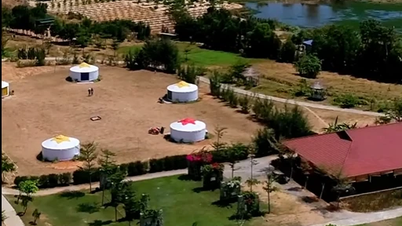
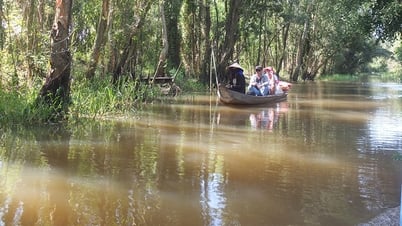










Comment (0)